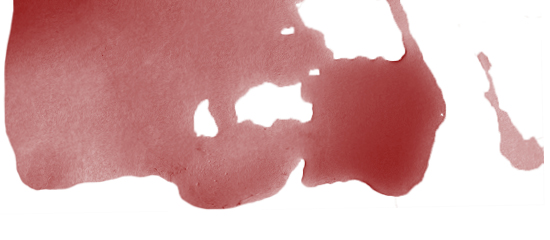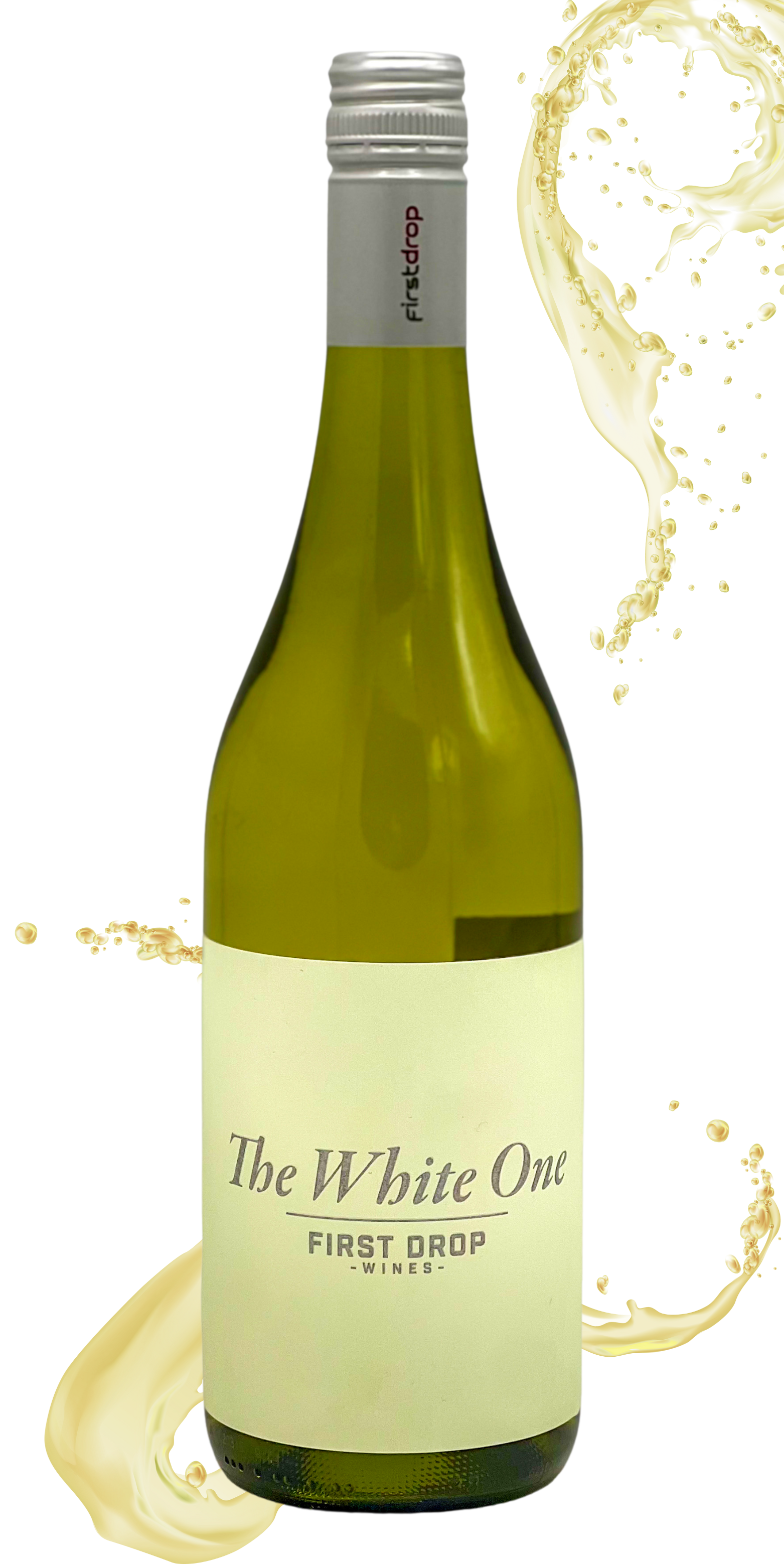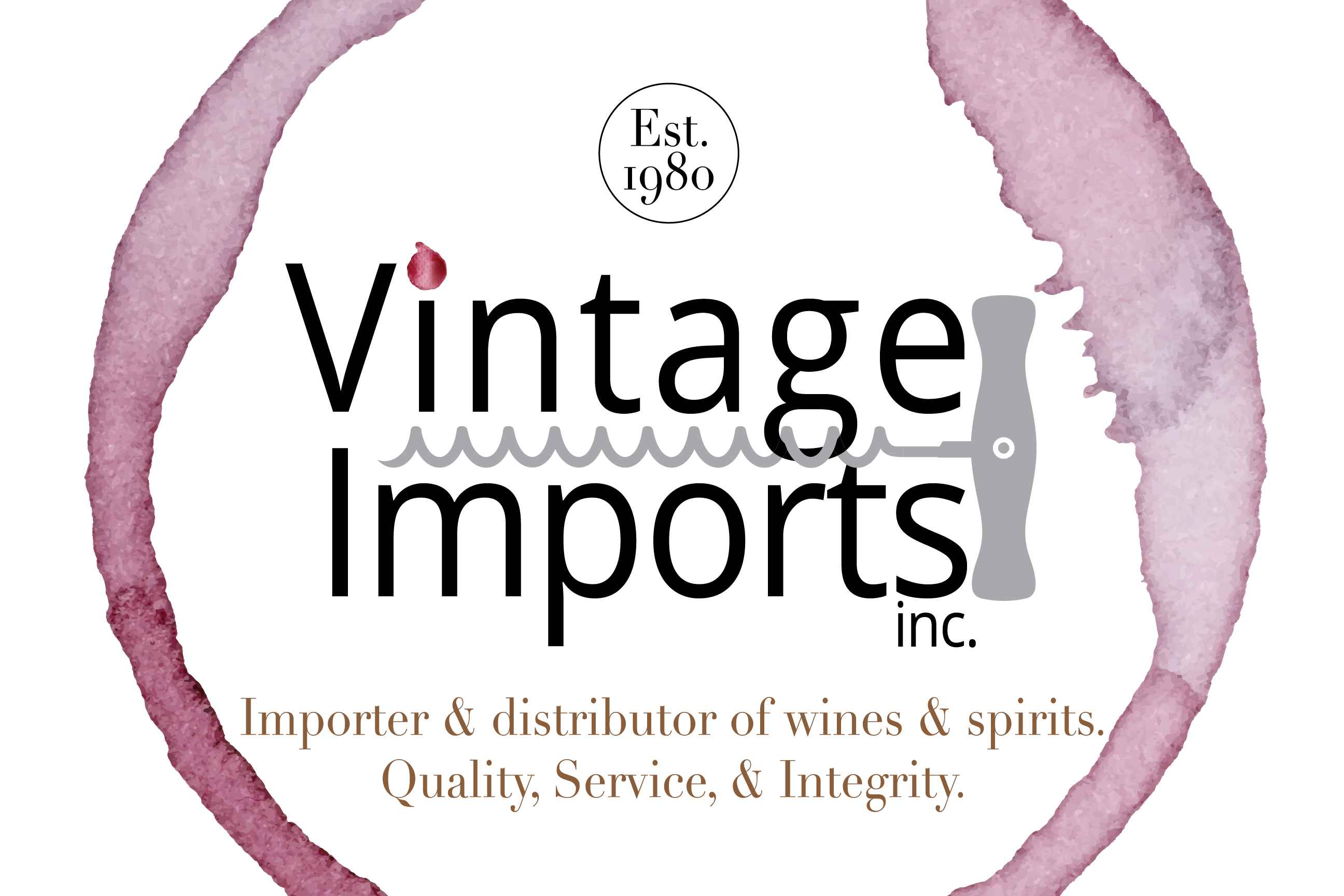
First Drop ‘The White One’ White Blend
There’s a bit of rubbery reduction on this white blend (a combo of Chardonnay and Arneis, rumor has it, although details aren’t readily available), but it blows off relatively quickly with time in the glass, revealing bright citrus and stone fruit notes along with underlying florals and minerality. Light to medium bodied, there’s a slippery mouthfeel, buoyed by prickly acidity. A straightforward but balanced drop.
Chardonnay grape blend.
This wine contains allergens, sulfites.
The Estate
Originally introduced to the continent in 1832, Chardonnay production really got rolling in the 1950s and it was just a few short decades later that these wines started showing up at competitions worldwide – and winning.
Wine Making
If lush, tropical fruit flavors make your mouth water, look no further than Western Australia, where the hot dry summers and mild winters imbue grapes with rich, fruit-forward notes. These wines tend to spend some time in oak, which gives creamy butter and vanilla notes, comparable to traditional California Chardonnays.
Food Suggestions
Pairs well with pork, rich fish such as salmon and tuna, vegetarian dishes, and poultry dishes.
• Type: Wines
• Sub-type: Wines
• Class: White
• ABV%: 12

